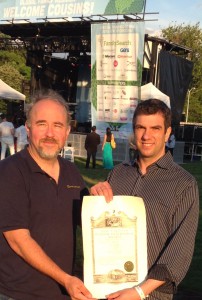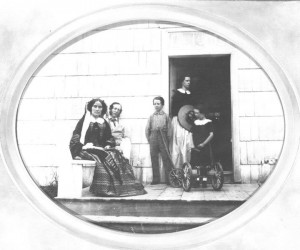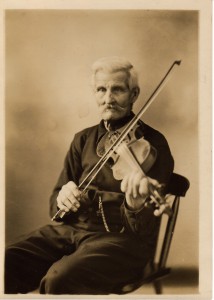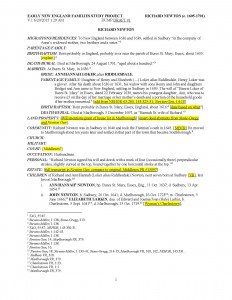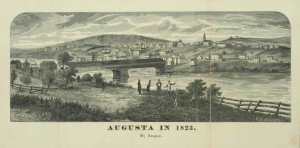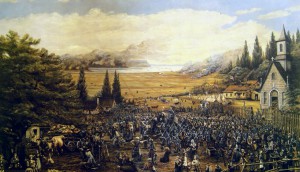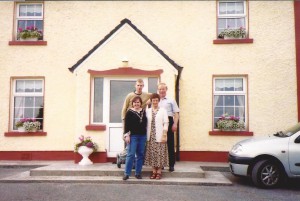
Every so often it seems worthwhile to look back over the wide range of Vita Brevis posts and bring some related ones together in one spot. Now that we are half way through the calendar year, some posts on international genealogical research merit a second look. In January, Eileen Pironti wrote about “Reconnecting with family”: in her case, her Irish family in County Roscommon: Continue reading International research posts at Vita Brevis

